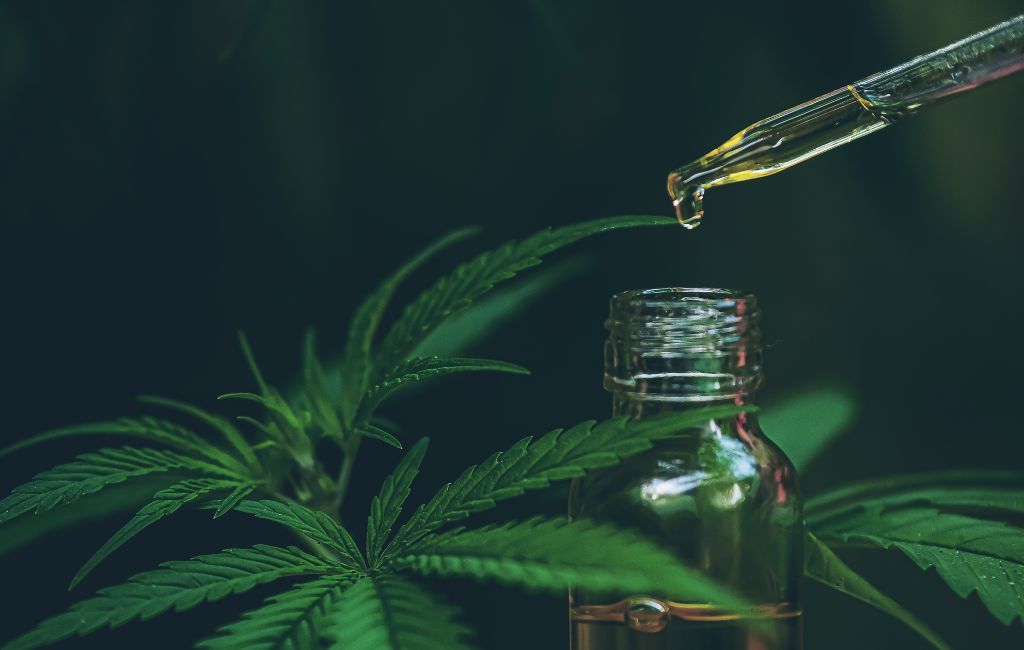THCa Flower: Exploring Its Benefits for Natural Healing
In recent years, the interest in natural healing methods has surged, with many turning to plant-based remedies for their therapeutic properties. One such remedy gaining attention is THCa flower. This article delves into the benefits of THCa flower and its potential for natural healing.
Understanding THCa
THCa, or tetrahydrocannabinolic acid, is a non-psychoactive cannabinoid found in raw and live cannabis. Unlike THC, THCa does not produce a “high” when consumed. Instead, it offers a range of potential health benefits that are being explored by researchers and health enthusiasts alike.
How THCa Differs from THC
THCa and THC are often confused, but they have distinct differences. THCa is the precursor to THC. When cannabis is heated through smoking, vaping, or cooking, THCa converts to THC, which is responsible for the psychoactive effects. Consuming raw cannabis or THCa flower allows individuals to benefit from the cannabinoid without experiencing the high associated with THC.
Potential Health Benefits of THCa Flower
Research into THCa is still in its early stages, but preliminary findings suggest several potential health benefits:
- Anti-inflammatory Properties: THCa has shown promise in reducing inflammation, which can be beneficial for conditions like arthritis and other inflammatory diseases.
- Neuroprotective Effects: Studies indicate that THCa may help protect brain cells, potentially offering benefits for neurodegenerative diseases such as Alzheimer’s and Parkinson’s.
- Anti-emetic Effects: THCa may help reduce nausea and vomiting, making it a potential option for those undergoing chemotherapy or suffering from chronic nausea.
- Antioxidant Properties: The antioxidant effects of THCa can help combat oxidative stress, which is linked to various chronic diseases.
Case Studies and Research
Several case studies and research projects have highlighted the potential of THCa:
- A study published in the British Journal of Pharmacology found that THCa exhibited anti-inflammatory properties in animal models, suggesting its potential for treating inflammatory conditions.
- Research conducted by the University of Guelph demonstrated that THCa has neuroprotective effects, which could be beneficial for patients with neurodegenerative diseases.
- A case study involving a patient with chronic nausea reported significant relief after using THCa, highlighting its potential as an anti-emetic.
Methods of Consumption
There are various ways to consume THCa flower, each offering different benefits:
- Raw Consumption: Consuming raw cannabis leaves or flowers in smoothies or salads preserves the THCa content, allowing individuals to benefit from its properties without psychoactive effects.
- Tinctures and Oils: THCa tinctures and oils can be added to food or taken sublingually for a more controlled dosage.
- Topicals: THCa-infused creams and balms can be applied directly to the skin for localized relief from inflammation and pain.
Dosage and Safety
Determining the right dosage of THCa can be challenging, as it varies based on individual needs and conditions. Consulting with a healthcare professional experienced in cannabis medicine is recommended to find the appropriate dosage. Additionally, while THCa is generally considered safe, it is important to source products from reputable suppliers to ensure quality and purity.
Legal Considerations
The legal status of THCa varies by region. In some areas, THCa is legal when derived from hemp, while in others, it may be regulated similarly to THC. It is important to understand the local laws and regulations regarding THCa before purchasing or consuming it.
Examples of Legal Status
- United States: In the U.S., the legality of THCa depends on its source. THCa derived from hemp (containing less than 0.3% THC) is legal under federal law, but state laws may vary.
- Canada: In Canada, THCa is regulated under the Cannabis Act, and its sale and consumption are legal with appropriate licensing.
- European Union: The legal status of THCa in the EU varies by country, with some allowing its use and others imposing restrictions.
Conclusion
THCa flower presents a promising option for those seeking natural healing methods. With its potential anti-inflammatory, neuroprotective, anti-emetic, and antioxidant properties, THCa offers a range of health benefits without the psychoactive effects of THC. As research continues to uncover its full potential, THCa may become a valuable addition to the world of natural medicine.
